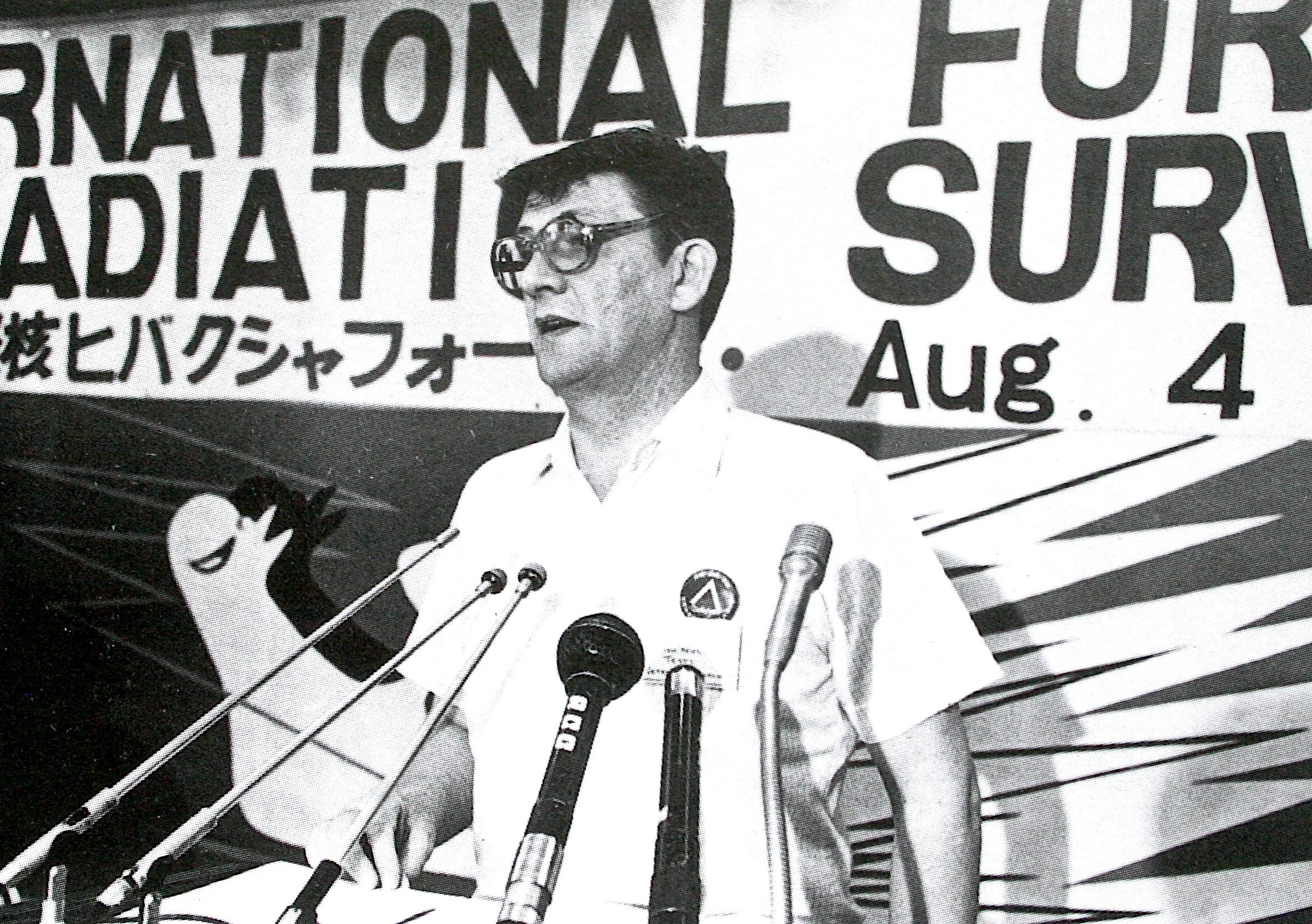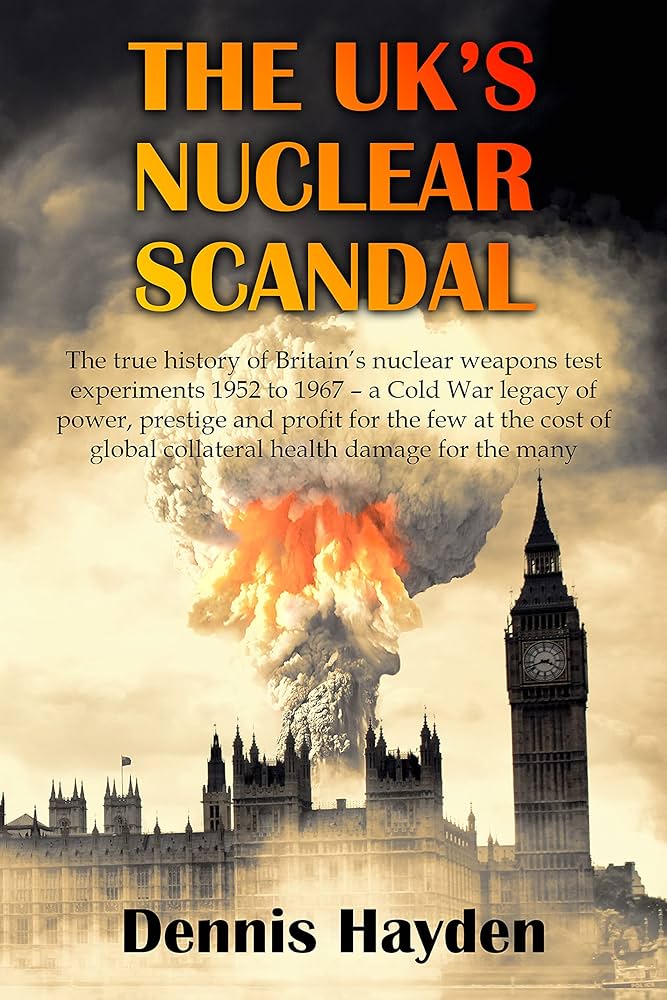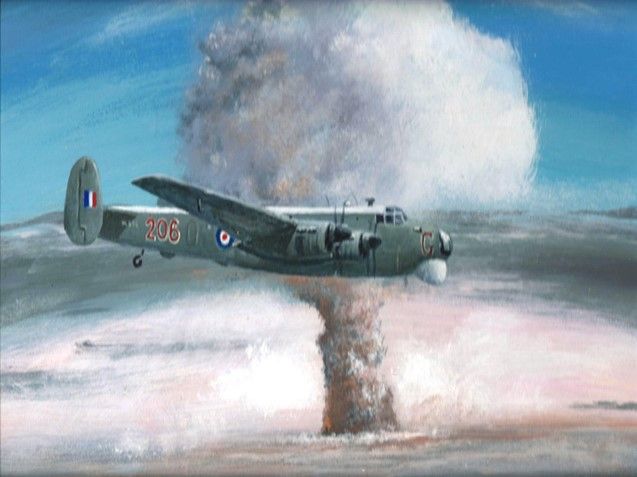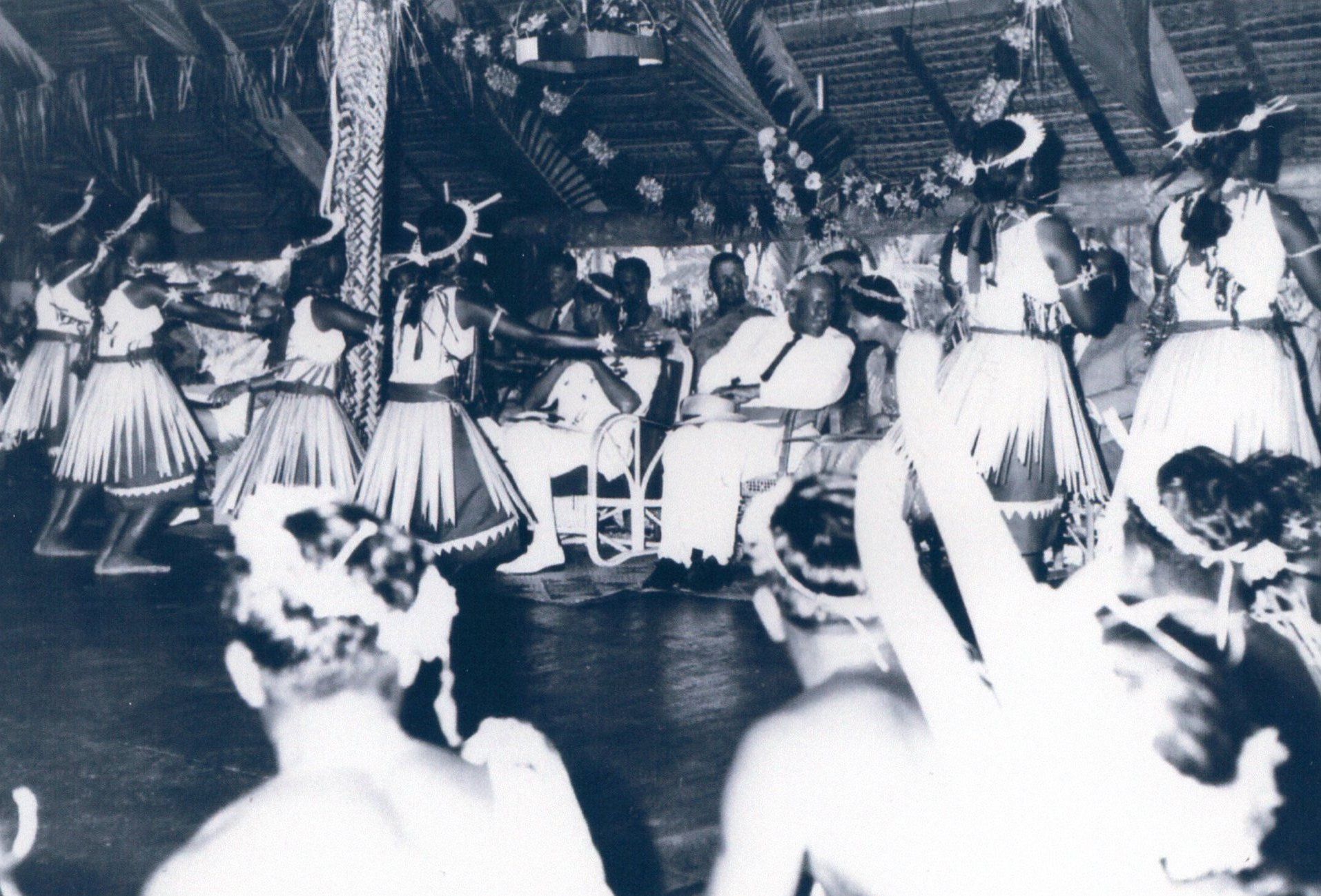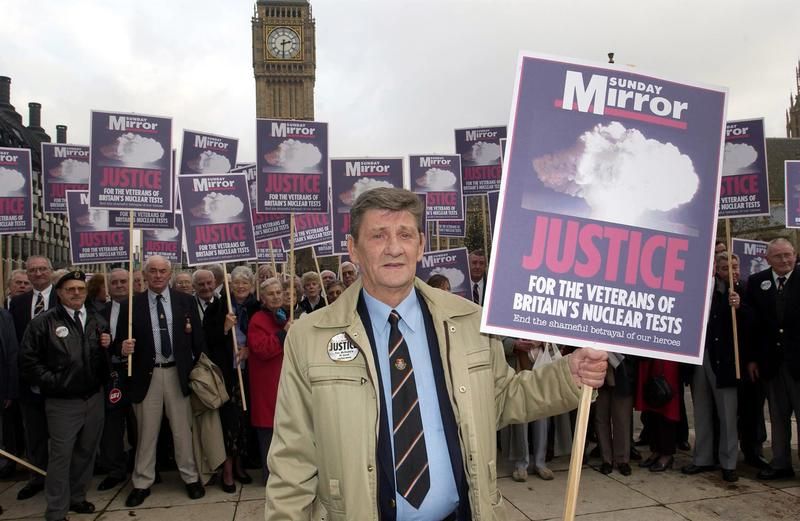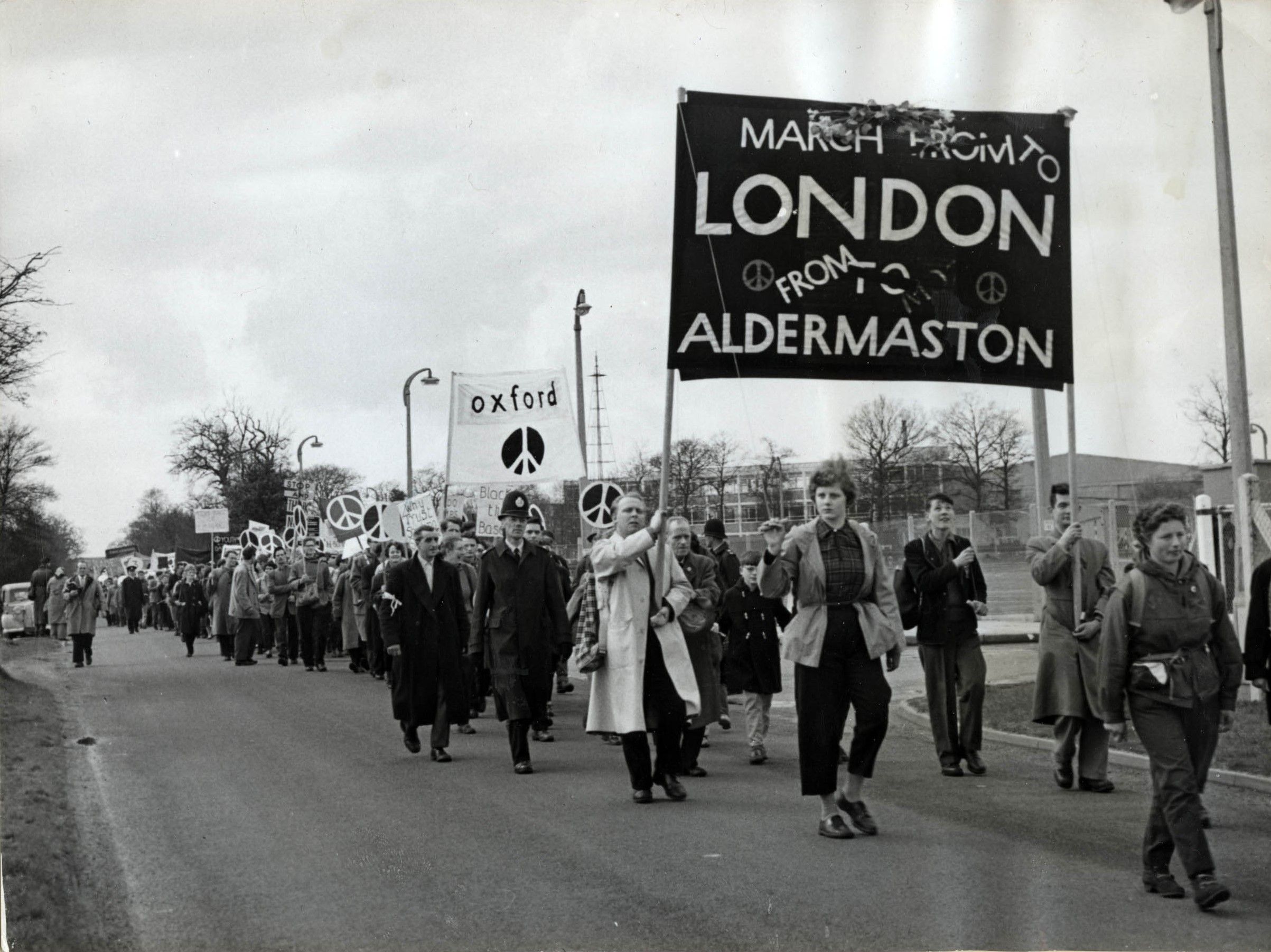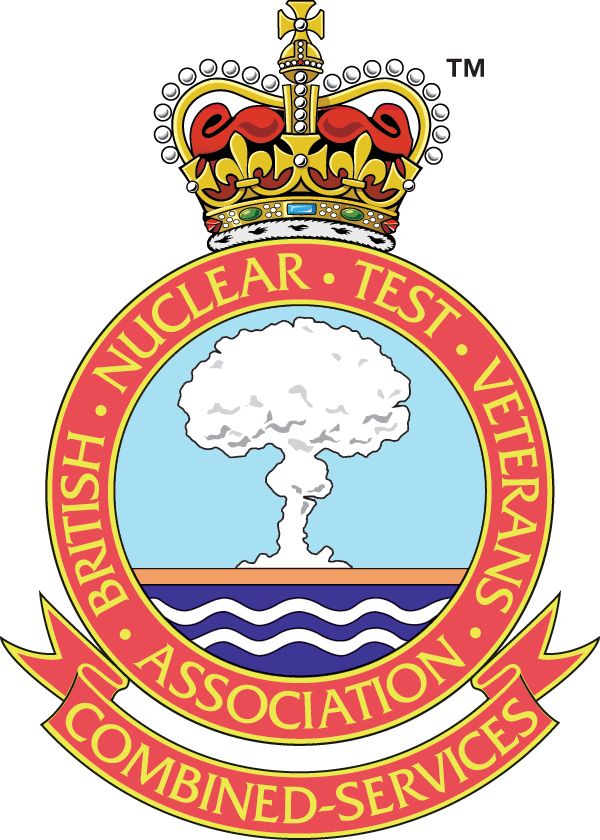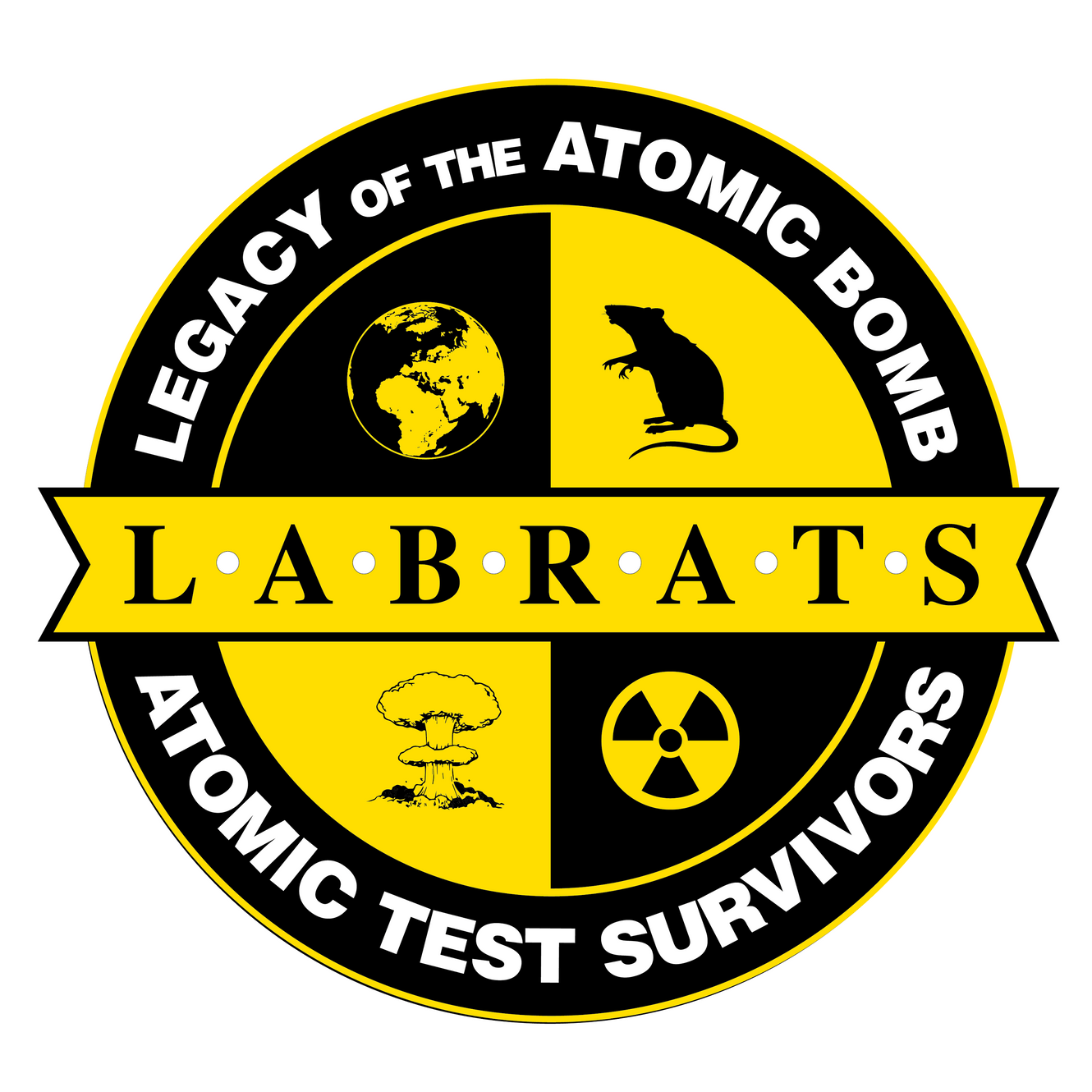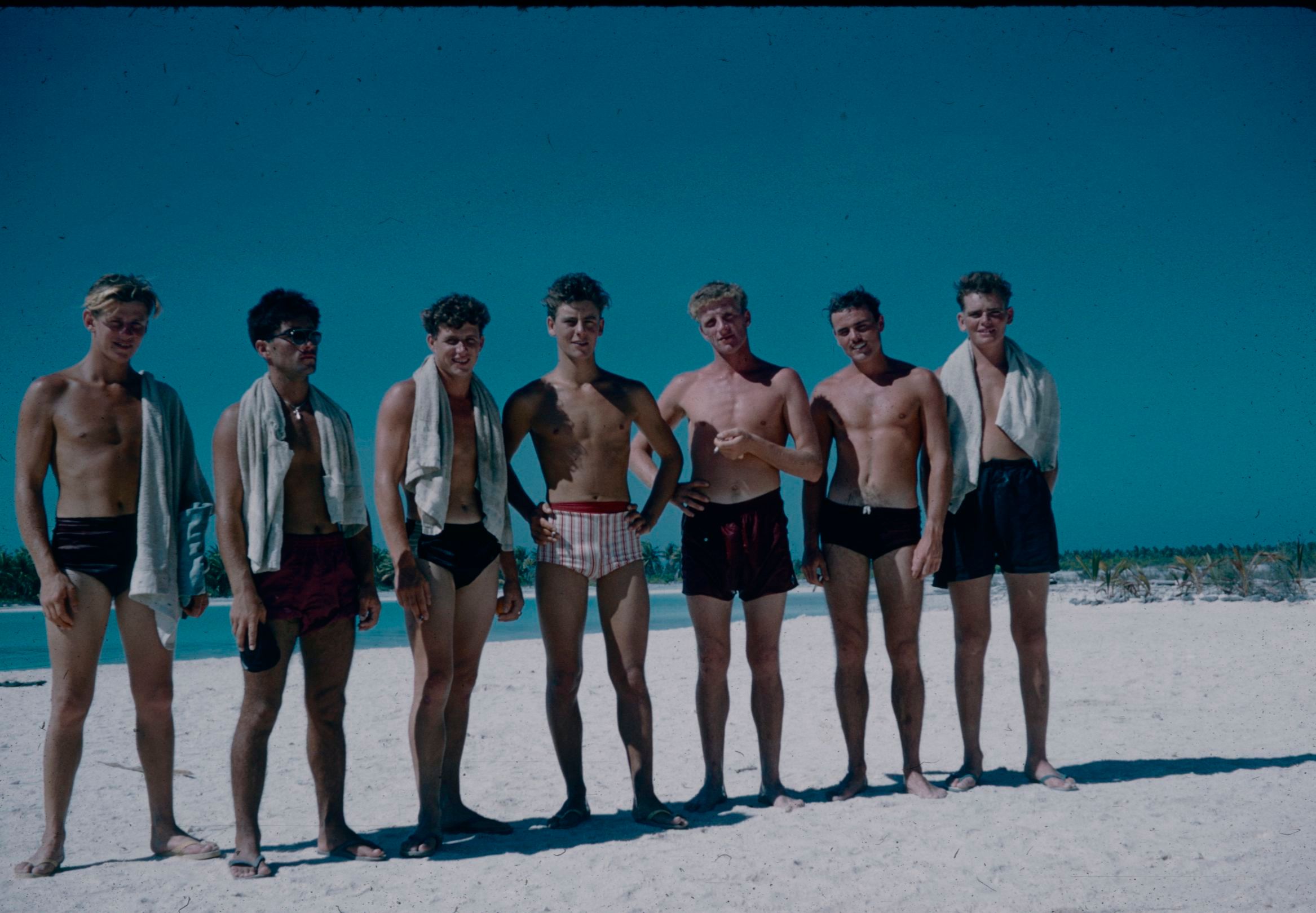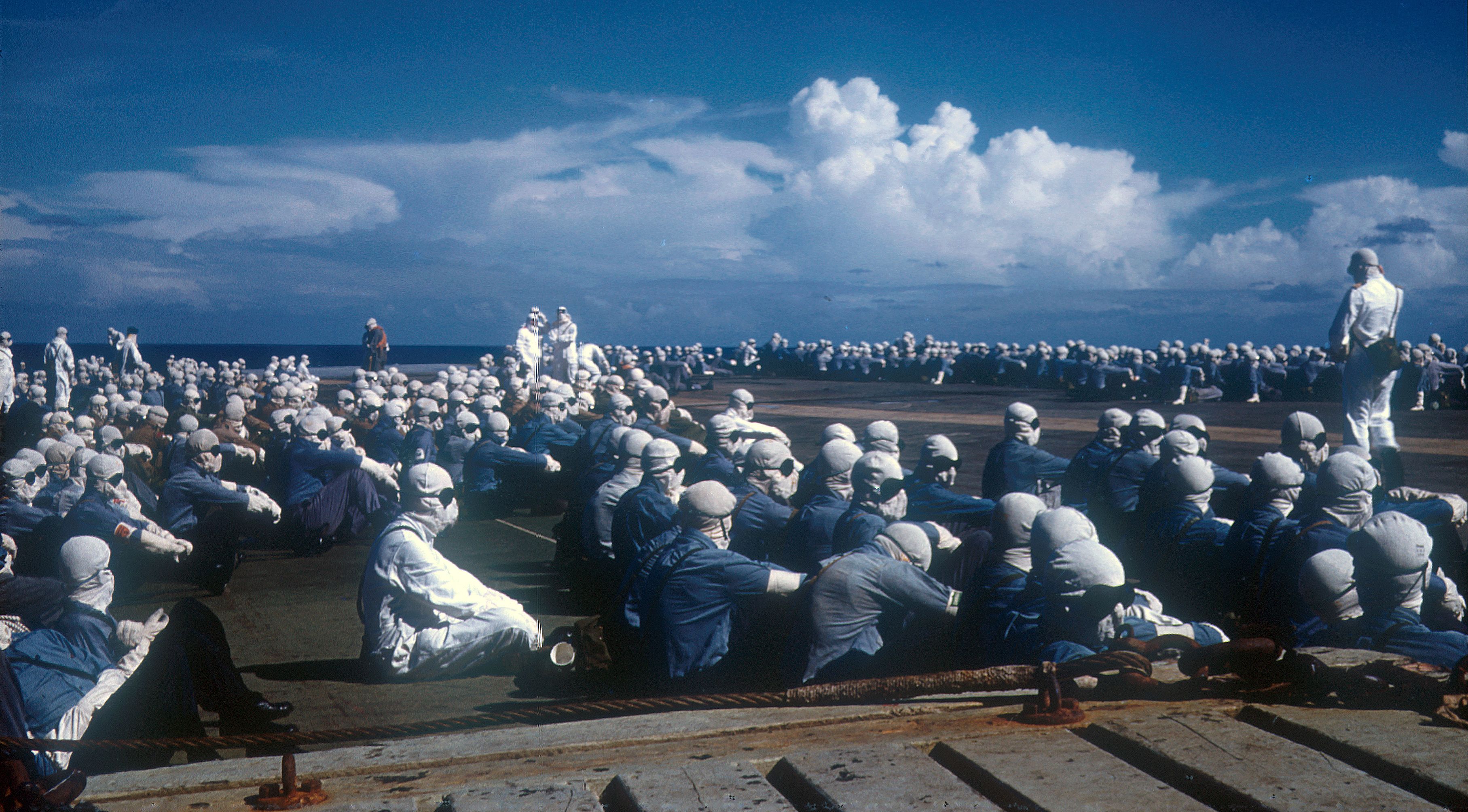The first reunion I went to was at Liverpool at the Adelphi Hotel. That would have been 90s, mid-90s, I would think, because I had to go up by train because I couldn’t drive at the time, I’d got some problem with my eye. I went there, got in the room and went down and had a look, see what was about, and there was one room where round tables, all the guys there with pint pots and beer bottles on the tables. I thought, that’s not for me. So I went into the ballroom and there was one or two little tables scattered around, and there were two guys sitting at a table with a, I think they’d got a G&T each. I said, ‘Are you with the… ?’ ‘Yeah.’ Said, ‘Can I join you?’ ‘Yeah.’ And that was very strange actually, because although it’s a nuclear test reunion, we didn’t do much, us three didn’t do much about nuclear tests. [laughs] Both of them had been at Christmas Island, one guy was, I think he was fairly high up in the army, because he was involved in the clear-up of Christmas Island, and the other one, I think he was either RAF or army, but he’d been involved in the tests. But the strange thing was, that guy was an ex-policeman, he was an ex-traffic policeman from the next county, Buckinghamshire, and I’d actually probably met him, because I mentioned something and he said, yes, I was involved in that as well. So, we’d probably met. But the other guy, I said the ex-army, I think he was probably captain or major, something like that, he said, well, I’m not really interested in what’s going on with the reunion tomorrow, he said, I was evacuated up here, he said, I wanted to go round and have a look at the places that I went, I went to school up here. So he said, I’m going to get a taxi, do you want to come with me? So I said, well yeah, because I’m not into… So we hired this taxi between us and we went all over the place.
[ends at 0:02:05]

